Chinese Foreign Minister Wang Yi told U.S. Secretary of State Antony Blinken on Friday that China and the United States are facing a major question of whether pursuing the stable development of bilateral ties on a forward-looking path or repeating the downward spiral.
The answer will be a testament of the two sides' sincerity and capability, Wang said when meeting in Beijing with Blinken, who is making a three-day visit to China that started on Wednesday.
Wang said that the global community is closely following whether the two countries will guide the international cooperation to address global issues to achieve win-win results, or turn to confrontation or even conflict that will lead to a lose-lose situation.
In either case, the consequences will affect both China and the U.S. and even more parties, he said.
Wang noted that the China-U.S. relationship has been stabilized from further deterioration under the guidance of the two heads of state since November last year, and the dialogue, cooperation and positive factors in various fields are increasing.
However, the negative factors in bilateral ties are still accumulating and ties are facing various kinds of distractions and disruptions, he said, noting that China's legitimate development rights and interests are being suppressed groundlessly by the U.S. side and China's core interests are being constantly challenged.
Wang reiterated China's consistency in terms of attitude, position and demand regarding the development of the China-U.S. relations.
He said that China always views and develops the China-U.S. ties from the perspective of building a community with a shared future for mankind and taking into account the people, the international community and the future.
China's position also remains unchanged, that is, China is committed to promoting the steady, sound and sustainable development of China-U.S. relations based on the three principles of mutual respect, peaceful coexistence and win-win cooperation, Wang said.
The foreign minister said that China has always advocated that both sides respect each other's core interests.
The U.S. must not interfere in China's domestic affairs, suppress China's development or cross China's red lines concerning sovereignty, security and development interests, he said.









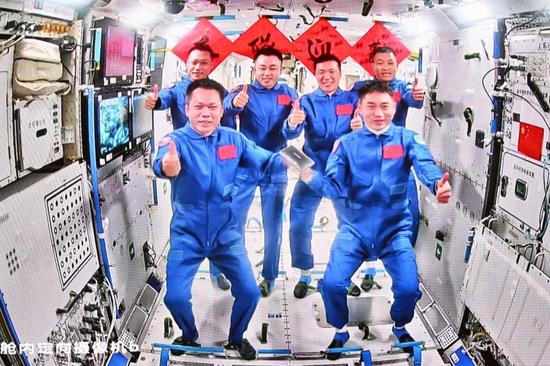


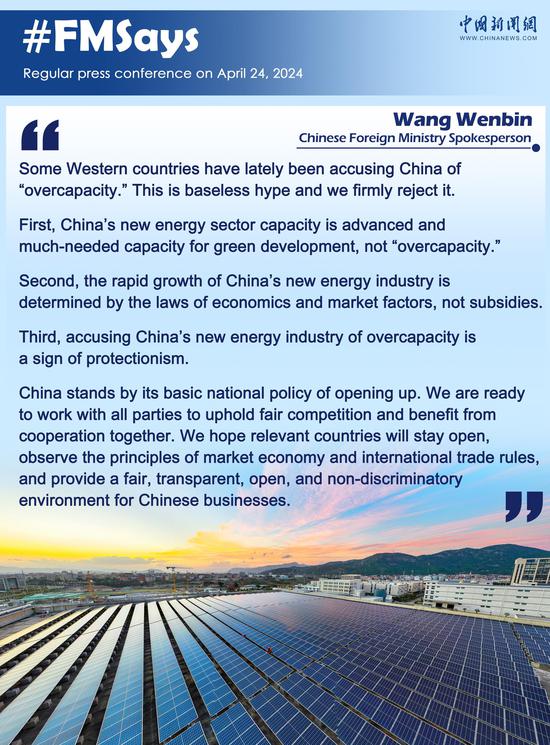
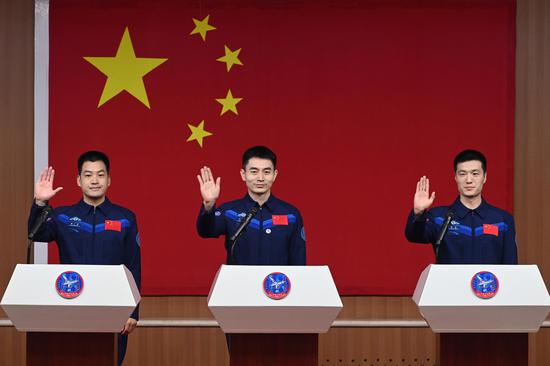


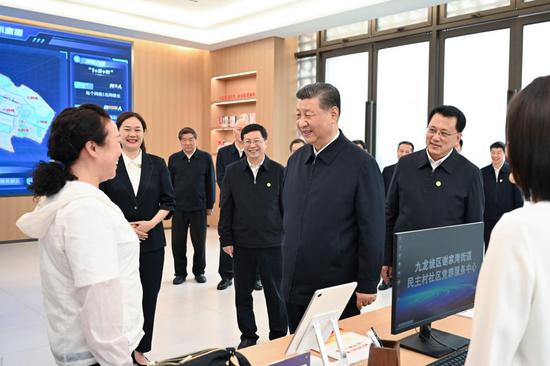

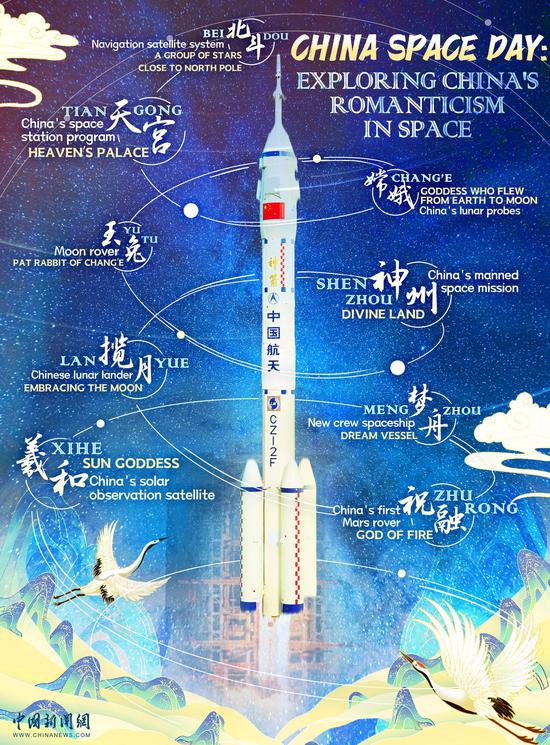
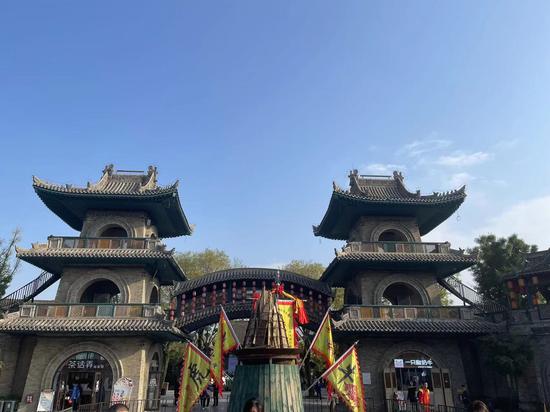












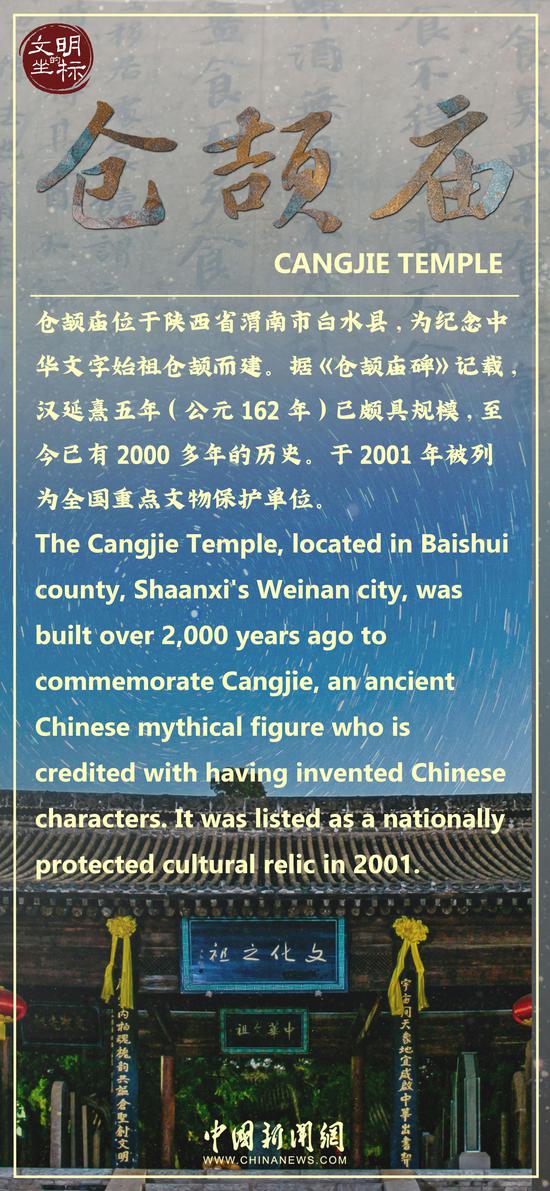
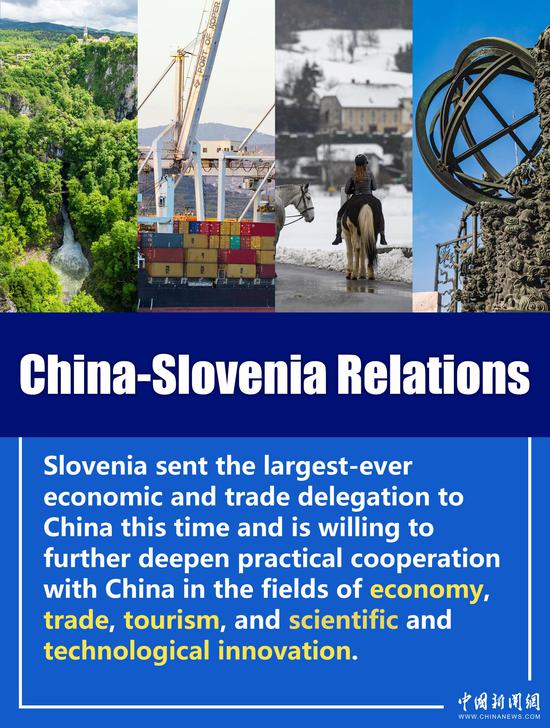
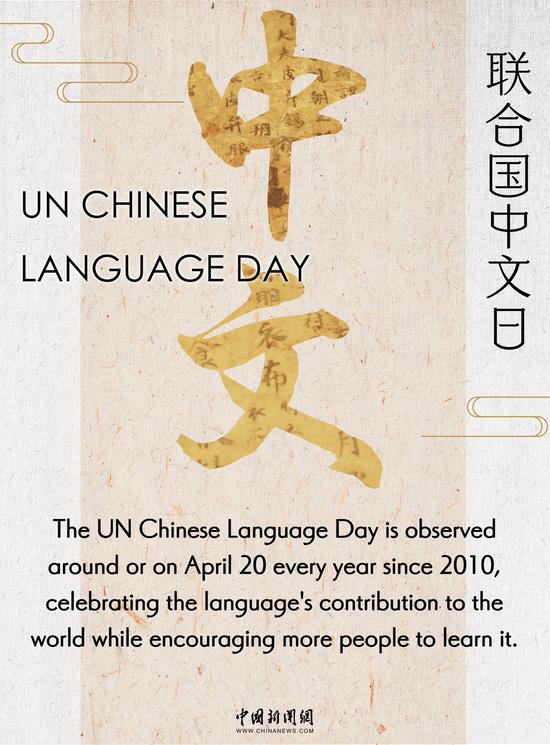



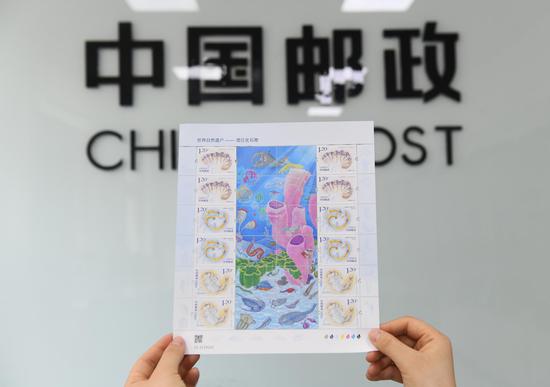
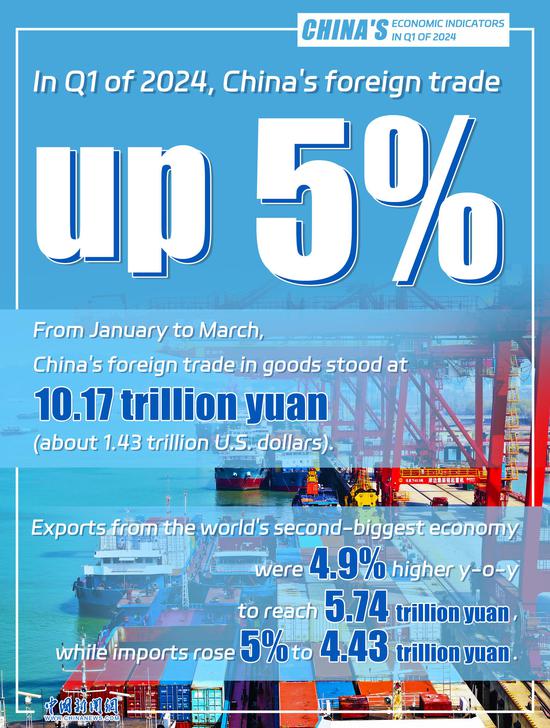






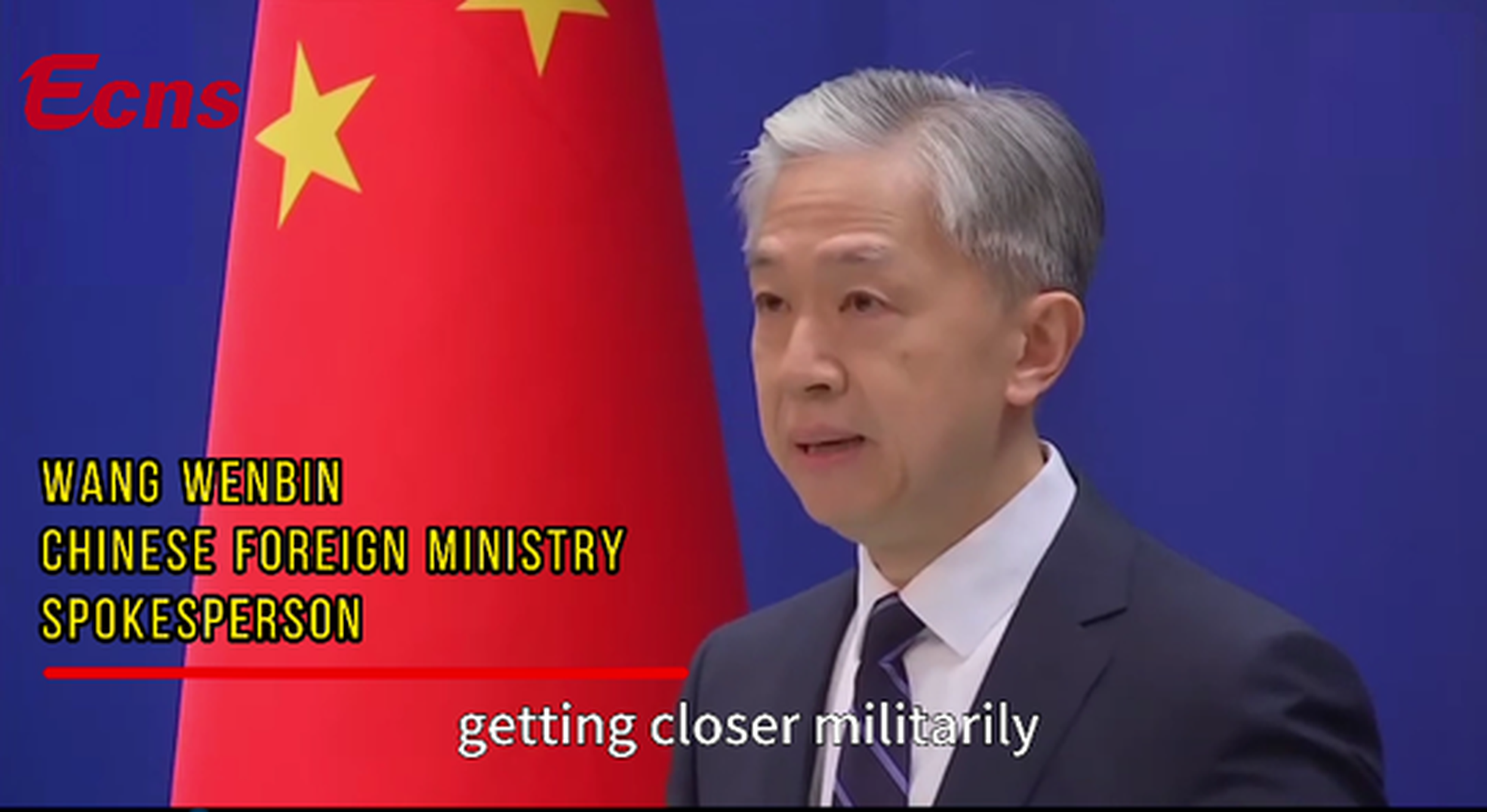



 京公网安备 11010202009201号
京公网安备 11010202009201号